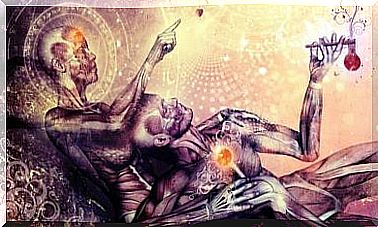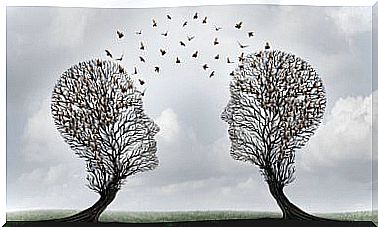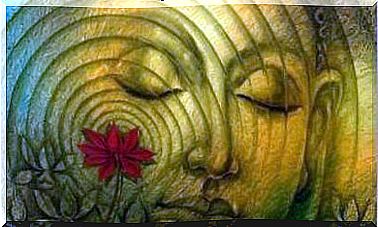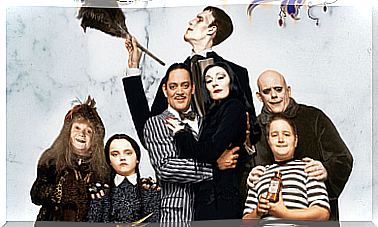The Illusion Of Truth, Believing That Something Is True Without Being It

The illusion of truth is a mechanism by which you come to believe that something is true, without being it. In fact, you don’t just come to believe. It is also defended as true. In addition, any possibility to consider that it is false is closed.
The illusion effect of truth happens because there is a flaw in our processing of reality. We tend to qualify as true what is most familiar to us. In this way, everything that refers to something that we already know, seems more true.
In 1977 an experiment was carried out in this regard. A group of volunteers were presented with 60 statements. They were asked to tell whether they were true or false. The same exercise was repeated successively every 15 days. They noticed then that people made the statements that had been raised before them true , regardless of how reasonable they might be.
The illusion of truth and implicit memory
Apparently this truth illusion mechanism works due to the existence of “implicit memory. ” In the aforementioned experiment, the participants rated the sentences they had seen before as true. This, despite the fact that they were clearly told that they were false. Simply, if they felt like “family”, they seemed true.

The illusion of truth occurs without the collaboration of explicit and conscious memory. It is a direct result of implicit memory, a type of memory that uses previous experiences for the execution of tasks. A strategy of our mind to save efforts.
Implicit memory is present, for example, when we tie our shoes. At first, we learn how to do it and then we mechanically perform that operation. If we have to tie something other than shoes, we will probably use the same technique, even if it is not the best. In other words, we tend to create models to apply to different situations.
This mental strategy also applies to more abstract realities such as ideas, creating the illusion of truth. This means that we are more likely to believe in an idea or way of thinking if it is familiar to us and coincides with lived experiences. Although this feeling of familiarity does not have to be linked to truthfulness. Hence, its danger and the risk of making bad decisions.
The illusion of truth and manipulation
The illusion of truth has many troublesome effects. Among them, he makes an old slogan postulated by the Nazis a reality. It is the one that says: “A lie repeated a thousand times becomes the truth. ” A statement that is repeated, even if it is false, tends to be perceived as true. Most people have no interest, and sometimes neither do the tools, to verify whether something is true or not.
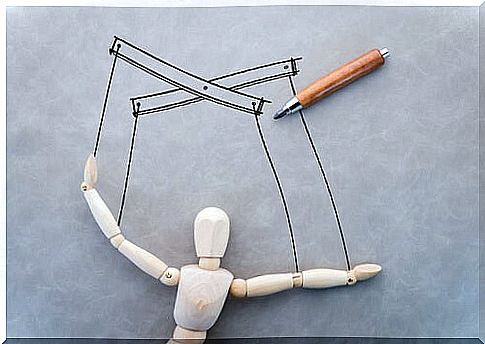
In reality, the illusion of truth is a shortcut that the mind takes to avoid making more effort than necessary. If we put everything we think and do to the test, we would be exhausted in less than an hour. Why is it better to wake up in the morning and not at night? Should we have breakfast or better not eat anything at the beginning of the day? What we eat for breakfast, is it adequate or do we just do it out of habit? …
It is impossible to put everything to evaluation, in search of the truth. That is why our brain helps us and simply organizes the information based on what we have learned. It is a strategy to facilitate our performance in the world.
Logic is not overridden
An important aspect is that the illusion of truth, no matter how strong it may be, does not override logical reasoning. This means that we are always able to carry out processes that allow us to understand what is false and what is true.
It also means that the power of manipulation over our mind is limited. We are only caught with the illusion of truth when we decide not to use other higher powers of reasoning. If we decide to use them, the illusion of truth is diluted.

As we can see, it would be interesting for us to question the most important aspects of reality, to ask ourselves why we believe what we believe. Do we think that something is true because we have heard it many times or is it true that we have enough evidence to believe it?

